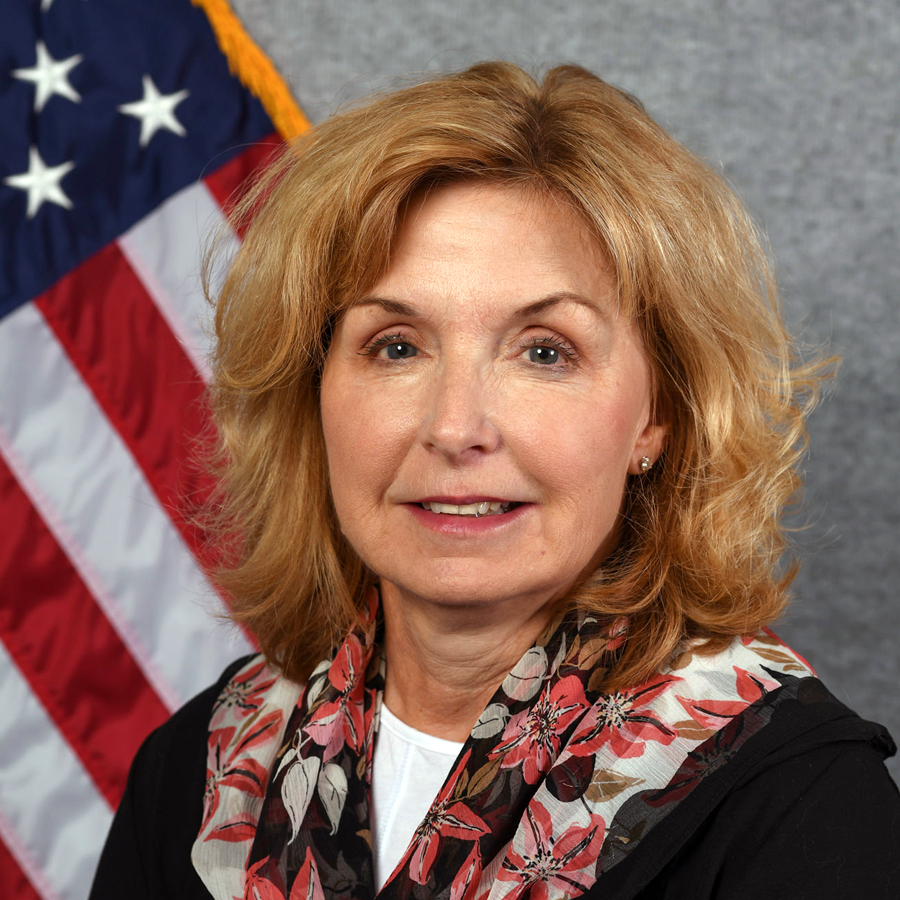- Registration Date 2022-09-02
- Hit 2342
By: Cathy Hermsen, Assistant Commissioner for Criminal Investigations and Ritu Nalubola, Director of the FDA’s Europe Office
Criminal networks are increasingly sophisticated and capable of exploiting regulatory, legal, and other gaps to ship and/or transship illicit and potentially dangerous health products to the U.S., putting patients at risk.
The variety and scope of the illicit products that the U.S. Food and Administration is witnessing, entering our international mail facilities, has been staggering. The agency has seen medications to treat cancer or chronic diseases such as high blood pressure or diabetes, prescription medical devices, and veterinary drugs. Some products are mislabeled, some are counterfeit. In some cases, we know of products targeted for sale to physicians, that have then been administered to patients, who were unaware these products were being obtained from unauthorized foreign sources and being shipped and stored outside of approved conditions.
In many of these cases, the illicit products have been entering the U.S. marketplace after being shipped to a country in the European Union (EU) first, as an intermediate destination usually without entering customs, a practice known as transshipment. This practice has increased during the COVID-19 pandemic when we saw a surge in fraudulent COVID-19 products – many ordered online and shipped in small packages. For criminal actors, using multiple small shipments instead of larger ones reduces the likelihood of detection and makes it more difficult for authorities to identify the product’s origin or its manufacturer.
The U.S. has many protections in place at our ports of entry, including the FDA’s Predictive Risk-based Evaluation for Dynamic Import Compliance Targeting – a risk-based analytics tool that the agency uses to electronically screen all regulated shipments imported or offered for import into the U.S. But when criminals are intent on probing for potential weaknesses, in what amounts to a sophisticated version of whack-a-mole, products can slip through if no one agency can fully thwart these efforts.
A series of successful investigations conducted by the FDA’s Office of Criminal Investigations (OCI) have demonstrated that the best way to address this problem is to cast a wide net by soliciting the help of other parts of the FDA, other U.S. government agencies, and officials in other countries.
For example, since 2017, OCI and the United Kingdom (U.K.) have been engaged in a series of initiatives they call Operation Lascar, which marshals the collective forces of the many U.S. and U.K. agencies that play a role in health care trade, including those involved with customs and border protection, taxation, patent and trademarks protection, and drug regulation.
FDA staff deployed handheld devices at international mail facilities in London that could detect counterfeit drugs. The FDA and the U.K. exchanged import and export customs declaration data and analyzed other current trends. Over the course of five Operation Lascar Initiatives, the FDA originated more than 80 new criminal investigations and identified more than 3,000 violative shipments of illicit medicines intended for the U.S.
However, analysis of recent FDA detentions focused on shipments from the EU suggests that bad actors are now using EU member states as transshipment “hubs” before final shipment to the U.S., likely due to the success of Operation Lascar. This latest practice gives criminals the ability to mask all the prior distribution activity, effectively “restarting” the shipment of illicit products by switching carriers in the EU so that it appears the shipment originated in the EU.
The FDA is now taking the lessons learned from Operation Lascar and other past investigations to promote a whole-of-governments initiative for an effective regional solution. To do so, the agency has partnered with the Organisation of Economic Co-Operation and Development (OECD) Task Force on Countering Illicit Trade, which has been studying the problem of illicit trade for 15 years.
The FDA’s Europe Office and the OECD hosted a nonpublic meeting with officials from 19 countries in May 2022 to introduce the whole-of-governments approach. Counterparts from regulatory, law enforcement, intellectual property, customs, and other relevant government agencies participated in this meeting. Operation Lascar was the first item on the agenda and was lauded as a successful model to emulate.
These government officials met again in July 2022 to discuss illicit products transshipments and trends in the EU and to lay the groundwork for a two-day workshop on September 15-16, 2022, in Paris, organized again by the FDA’s Europe Office and the OECD.
At this workshop, representatives from the public and private sectors will explore regulatory and legal weaknesses and identify potential whole-of-governments solutions. For example, in some countries tax authorities may not be able to easily exchange information with customs or the police, and some nations may take different approaches to illicit goods that may make it more difficult to identify the criminal operators. Additionally, we hope to better understand the roles, responsibilities, and authorities of the various multilateral organizations involved in combating illicit products to determine how best to synergize authorities and quickly shut down illicit trade throughout the supply chain. Industry has a role in these efforts as well and we look forward to their contributions.
A whole-of-governments approach is the best way to protect the public health from the trade of illicit health products and the FDA will advocate for that approach at the September workshop. By having so many parties working together, we hope to effectively close the pipeline of illicit products that are getting through. And with the volume of illicit products growing daily, there’s no time to delay.
Division Risk Information Division
Written by Risk Information Division



